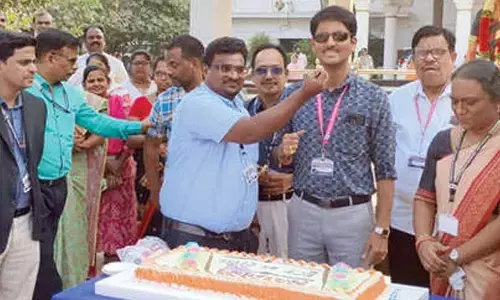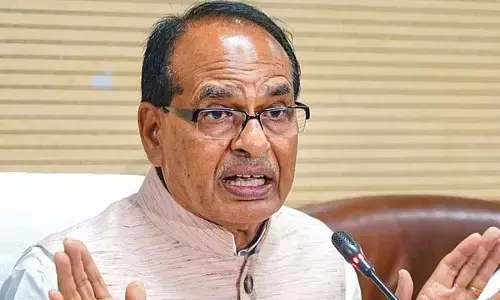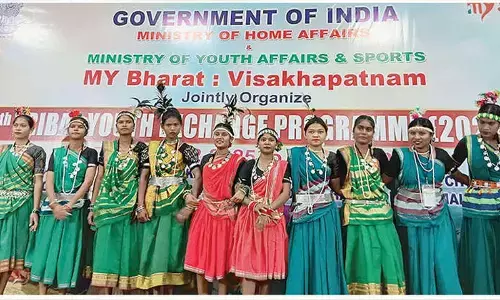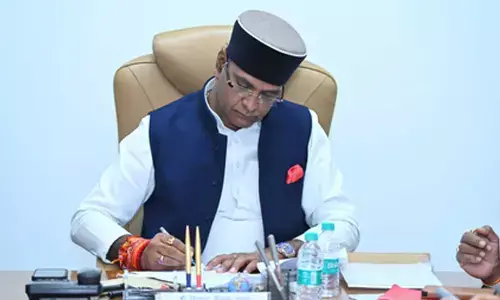There are only 26 tigers in Telangana, says Principal Chief Conservator of Forests
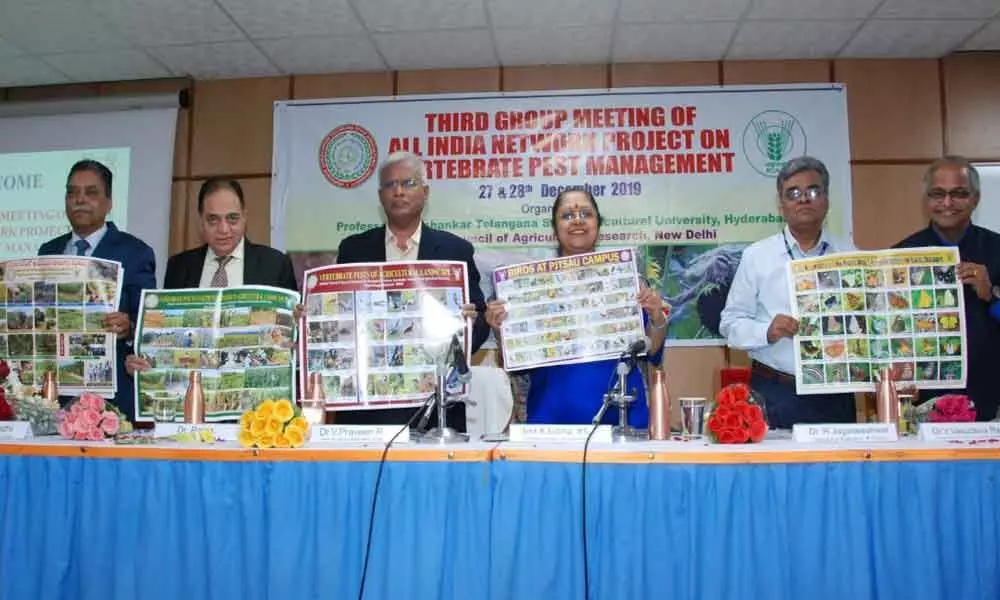
The Third All India Group Meeting of AINP (All India Network Project) on Vertebrate Pest Management (VPM) began at the Professor Jayashankar Telangana State Agricultural University (PJTSAU) auditorium in Rajendranagar on Friday.
Rajendranagar: The Third All India Group Meeting of AINP (All India Network Project) on Vertebrate Pest Management (VPM) began at the Professor Jayashankar Telangana State Agricultural University (PJTSAU) auditorium in Rajendranagar on Friday.
The two-day meeting was formerly inaugurated by the Principal Chief Conservator of Forests R Shobha along with PJTSAU Vice Chancellor Dr V Praveen Rao and Dr Rajan, Assistant Director General (Plant Protection and Biodiversity), ICAR-New Delhi.
Addressing the inaugural session, the PCCF suggested that farmers be educated and sensitised to use biological pest and diseases management methods instead of using pesticides which are harmful not only to wild animals but also human beings. Due to the forest encroachment and manmade activity, some of the wild animal population is decreased very rapidly. She said that in 1930 there were 40,000 tigers in the Indian forests. In contrast, their present number is 2,967, and in Telangana there are only 26 tigers, she added.
She said that the best way of vertebrate management would ensure safety of wildlife and reduce degradation of forests and also reduce crop losses. To reduce the crop losses, biological vertebrate management practices are very much needed for protection of wild animals instead of killing them, she added. She urged the scientists that they must be focused the research programmes to develop the biological control methods for ensuring the wildlife protection and safety and also it ensures the crop losses for farmers.
While speaking on this occasion, Dr Praveen suggested that vertebrate management cannot be studied in isolation. It should be an inter-disciplinary and multidisciplinary, he said. He suggested to the scientists to make use of digital technology for achieving of better research results.
Dr Rajan and Dr RS Tripathi, Network coordinator, AINP- VPM, also spoke on the occasion. Dr Tripathi presented the progress of the VPM project report for the last two years. Several publications were released by the chief guest and other dignitaries, which were brought out by the AINP centers across India.
Dr R Jagadeeshwar, PJTSAU, Dr V Vasudevarao, Principal Scientist & Co Coordinator, AINP-VPM, and several scientists from various network centers were also present.









